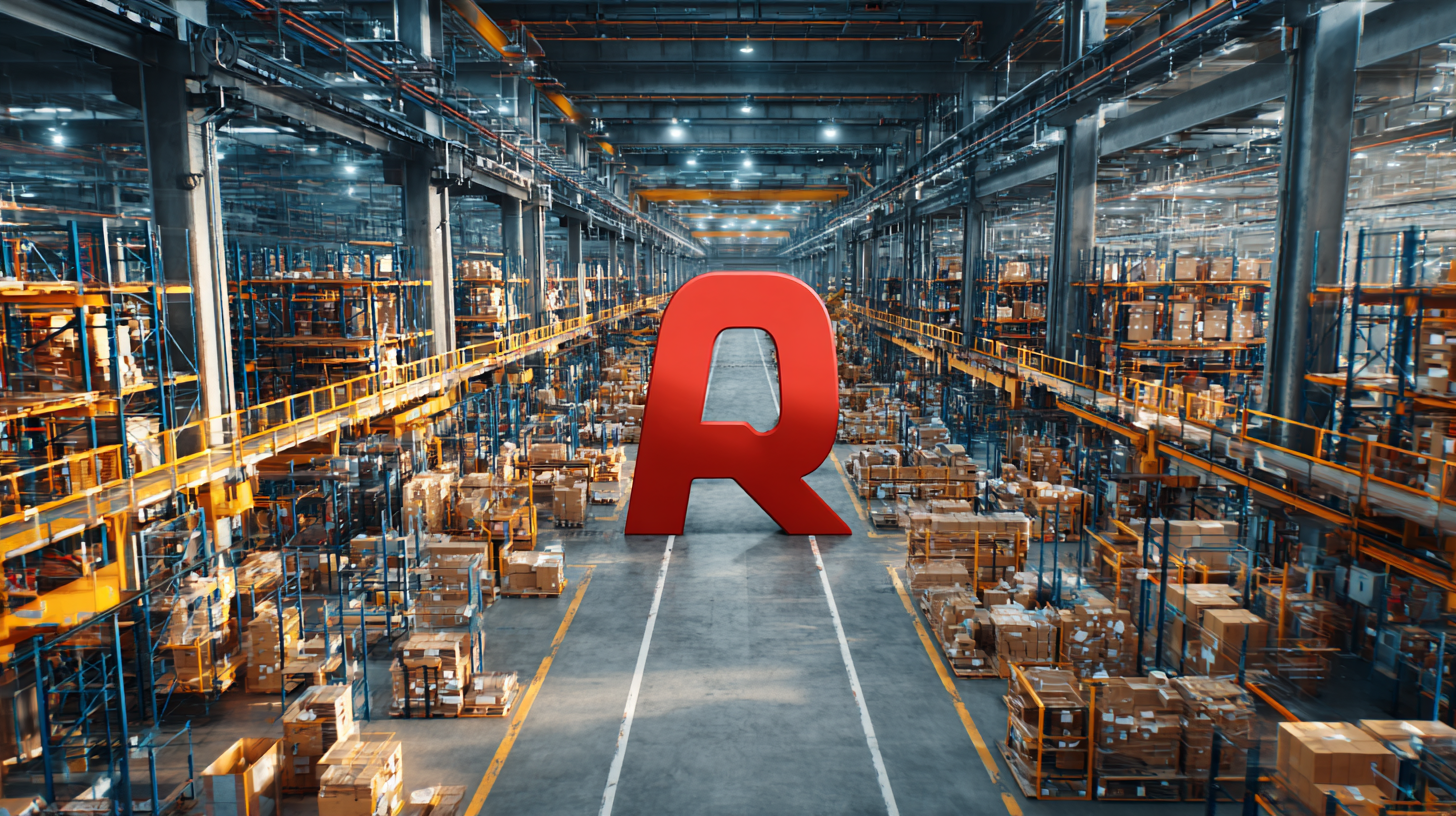


In today's competitive market, the success of any product largely hinges on the selection of the right manufacturers. With countless options available, it can be daunting to pinpoint which ones can deliver quality, reliability, and innovation. This comprehensive guide aims to illuminate effective strategies for identifying the best manufacturers tailored to specific industry applications.

By delving into relevant case studies, backed by compelling data and enumerating the reasons why certain manufacturers excel over others, we provide a roadmap for businesses to navigate this critical decision-making process. Understanding the nuances that differentiate top manufacturers not only enhances product quality but also strengthens supply chain resilience, driving long-term success in an ever-evolving marketplace.
In today's interconnected world, the importance of selecting the right manufacturer cannot be overstated. As global supply chains evolve, identifying manufacturers that can maintain efficiency and transparency is crucial. The ability to optimize the entire supply chain—from product design through to delivery—has become a competitive necessity. This calls for a careful evaluation of potential partners, as their capabilities directly impact product quality, lead times, and overall service delivery.

The recent challenges faced by global supply chains highlight the need for resilience and adaptability in manufacturer selection.
Disruptions, such as transportation delays and labor strikes, further emphasize the importance of establishing partnerships with reliable manufacturers. An effective selection process not only considers cost but also prioritizes risk management strategies and supply chain visibility. By focusing on these factors, companies can enhance their operational efficiency and ensure a more stable supply chain that can withstand unexpected shifts in the market.
When evaluating manufacturers, it’s crucial to focus on that reveal their performance and reliability.
Financial stability, production capacity, and quality control processes are essential indicators.
By assessing a manufacturer’s financial health, you can determine their ability to invest in improvements and meet your demands consistently.
Tip: Conducting a thorough background check on potential manufacturers is a helpful strategy.
Look into their credit ratings and financial statements to ensure they have a strong track record.
Another vital metric is their adherence to industry standards and certifications. Manufacturers that maintain high levels of compliance are more likely to produce
quality products reliably. Comparing their certifications can provide insight into their commitment to excellence.
Tip: Engage in site visits to observe the manufacturing processes firsthand.
This direct evaluation not only allows you to see their compliance in action but also helps in assessing the overall working conditions and efficiency of the operation.

Identifying top manufacturers in any industry can be a daunting task, but leveraging industry certifications can significantly streamline this process. Certifications such as ISO 9001 are crucial indicators of a manufacturer's commitment to quality management systems. According to a report by the International Organization for Standardization, organizations with ISO 9001 certification experience a 20% improvement in efficiency and a 10% increase in customer satisfaction. This shows that certified manufacturers not only adhere to strong quality standards but also foster better relationships with their clients.
Additionally, certifications related to environmental standards, like ISO 14001, are becoming increasingly important in the manufacturing sector. A study from the World Economic Forum indicates that companies with environmental certifications can reduce operational costs by an average of 7% while also enhancing their brand reputation. As consumers and businesses alike are becoming more environmentally conscious, choosing manufacturers with recognized certifications can provide a competitive advantage. By focusing on these credentials, businesses can ensure they partner with manufacturers who not only maintain high quality and sustainability standards but are also committed to continuous improvement.
This chart represents the distribution of various industry certifications among top manufacturers, highlighting their importance in identifying quality partners.
Supply chain transparency plays a crucial role in building trust between businesses and manufacturers. In an era where consumers are increasingly concerned about ethical sourcing and sustainability, companies must ensure that their supply chains are not only efficient but also transparent. A transparent supply chain allows manufacturers to provide detailed information about their processes, materials, and labor practices. This openness fosters confidence among stakeholders, as they can verify compliance with ethical standards and regulations.
Furthermore, supply chain transparency enables manufacturers to quickly address issues and implement improvements. When companies share information about their sourcing and production, they create a collaborative environment where both parties can work together to enhance quality and efficiency. This collaborative approach leads to better communication and strengthens relationships, ultimately resulting in increased loyalty and long-term partnerships. Trust is built not just on the promises made, but on a clear insight into operations, ensuring that all stakeholders feel secure in their business dealings.
| Criteria | Description | Importance Level |
|---|---|---|
| Quality Control Standards | The manufacturer's adherence to established quality protocols. | High |
| Production Capacity | The ability to meet demand at scale without compromising quality. | Medium |
| Lead Times | The duration from order placement to product delivery. | High |
| Financial Stability | The manufacturer's ability to sustain operations over time. | High |
| Certifications | Industry-specific certifications that validate capabilities. | Medium |
| Sustainability Practices | Efforts to reduce environmental impact during production. | Medium |
| Communication and Support | The responsiveness and quality of communication from the manufacturer. | High |
In today's highly competitive manufacturing landscape, utilizing data analytics has become a crucial strategy for optimizing manufacturer selection processes. According to a report by McKinsey, companies that leverage advanced analytics in their supply chain decisions can reduce procurement costs by up to 20%. This reflects the significant impact that data-driven decision-making can have on enhancing operational efficiency and ensuring that businesses partner with the most reliable and cost-effective manufacturers.
Data analytics enables organizations to evaluate potential manufacturers based on various metrics such as delivery performance, quality standards, and compliance history. By harnessing tools like predictive analytics and machine learning models, businesses can identify patterns and predict future performance of suppliers. A study by Deloitte found that organizations employing data analytics for supplier selection could decrease the risk of supply chain disruptions by 30%, thereby safeguarding their production lines against unforeseen circumstances. Ultimately, integrating data analytics into the manufacturer selection process not only streamlines operations but also fosters long-term partnerships with manufacturers that align closely with organizational goals.